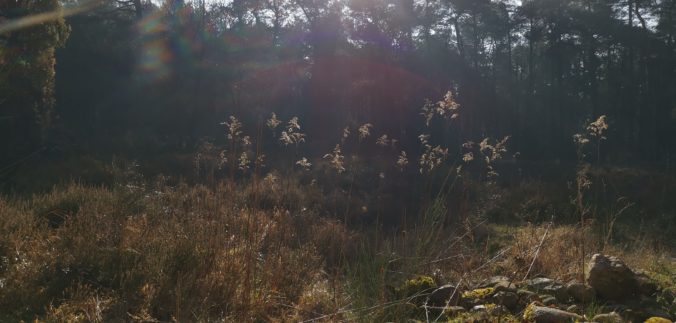I just released pg_text_semver version 1.0.0 on PGXN. As usual, it’s also available for your forking pleasure.
Upgrading from 0.1.5 to 1.0.0 should be seamless. As usual, upgrade scripts are provided, though I didn’t need to according to the Semantic Versioning for pre-1.0 releases. 😉
Since my initial release, I’ve learned that, besides the pre-existing semver extension that I tried before developing pg_text_semver, there also existed a PG_SEMVER extension that I did not test and compare with my own solution. It might certainly be faster than my version, given that both these other extensions have their crucial parts written in C. (Performance was really not an issue for my use case – much less so in any case than completeness, correctness and ease of use.) See the Alternative to pg_text_semver section of the README for more details.

Recent Comments